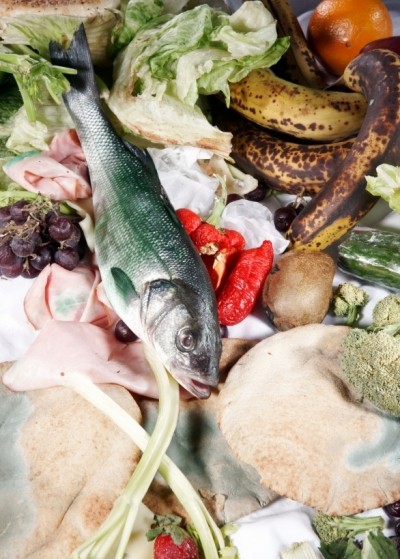Developing world 'grid reliability' issues speed effluent energy uptake, General Electric
That’s according to technology, services and finance giant General Electric (GE), which is due to supply a new gas engine that runs on whisky effluent to William Grant & Sons’ Scottish distillery.
The new Jenbacher J620 gas engine is the fourth at Grant’s Girvan distillery, and will create 3MW of electricity (the current site requirement), which means the site as a whole can now produce 7MW.
Operational from 2012, the engine will cut Grant’s electricity costs by re-using whisky wastewater to power its facility, with anaerobic digestion of waste generating methane gas to drive turbines.
The technology also has sustainability credentials, with the gas engine’s CO2 exhaust emissions also be recovered as thermal (heat) power for use in Grant’s distilling process.
“Our ability to generate onsite power at Girvan has been critical in our continued efforts to reduce our carbon footprint while increasing our efficiency,” said site manager Conn Lynch from Grant’s.
World market growth
Dan Walter, general manager of food and beverage solutions business told BeverageDaily.com he believed Grant’s’ biogas plant was “certainly one of the biggest” in the global distilling industry.
He explained how the process worked: “They’re using distilling waste, and squeezing the grains after mashing. They sell the grain as animal feed, but squeeze out the liquid and use this in an anaerobic digester to produce biogas, which they bring back to burn in Jenbacher engines.”
Asked where in the world GE was seeing most demand for such solutions within the beverage industry, which: “It’s where distributed power becomes important or where energy reliability becomes important.
“Western Europe is certainly a hotbed with the need for distributed power. And look at Nigeria, for instance, where the reliability of the grid makes it important for manufacturers to have onsite power to make sure they can continue to process.
“In China it’s becoming more important, and in Latin America. But in the US the cost of gas and electricity in most of the country is so cheap that it’s not economically feasible yet. But from a carbon footprint standpoint it’s still important to make it more cost-effective and make it work.”
Within the beverage industry Walter said uptake also depended on operational size: “There are a few installations globally for the distillers that are producing biogas or other forms of co-generation from waste. Diageo have ventured down this path. I think the driver would be the size of the distillery.
Breweries ‘primary candidates’
He added: “I don’t think that you’d typically see a single malt distillery, because they’re relatively small and the volumes are low. Usually it’s the larger blended whisky distillers that would have enough to do it, where production is more industrial and volumes are larger.”
So what did Walter think were the principal advantages to large beverage concerns of such a process: “One of the important factors for Grant’s was to improve their carbon footprint (greenhouse gas), which has been reduced by burning the biogas as well.”
“Certainly the renewable aspect was important to them. The energy savings opportunity – via the renewable energy certificates that they can generate – was also there.”
Walter said the future pipeline for GE’s gas engine solutions could be “very large”.
“Breweries are certainly a primary candidate for such solutions. They are very good for driving through an anaerobic digestion process to produce biogas”.
GE saw Europe as a major established market, while the US also presented some opportunities, Walter said, while his company was already working with Anheuser-Busch InBev (AB-InBev) on projects in China.
“In food and beverage manufacturing, waste-to-value is an opportunity that just about any food manufacturer should be looking at as a question of economics,” he added.













